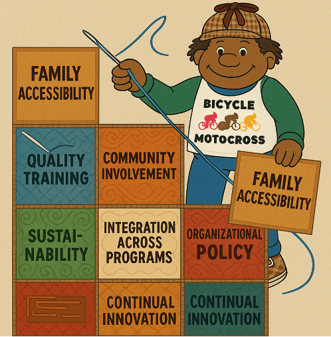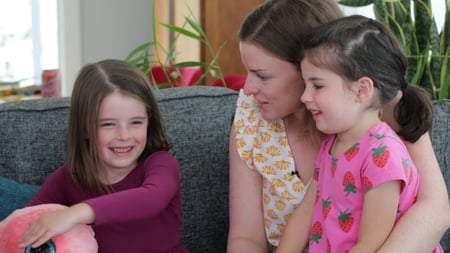How the Well-Baby Program Supports Healthy Child Development

Check out our blog for social-emotional learning articles, news, and more!
Objective: This study examined the effects of the Webster-Stratton parenting program on the parenting skills of maltreating mothers and on the autonomy of their children (3–8 years).
Method: A randomized controlled trial was used. Twenty-six maltreating families were randomly assigned to one of two conditions: the 16-hour weekly intervention group, or the 4-month wait list control group. Pre- and post-intervention independent assessments included a 2-hour home visit involving videotaped mother-child interactions during two prescribed, 10-minute play activities.
Results: Compared to the control group, treatment mothers demonstrated significant improvement in involvement and marginally significant improvement in autonomy-support, but no improvement in structure. Treatment group children showed no significant improvement in autonomy when compared to control group children.
Conclusions: This parenting program proved effective with maltreating parents. The lack of demonstrated effect on children may reflect the need for a larger and more sustained treatment dose and/or the need to include parent-child interaction opportunities in the program. At the same time, while treatment gains were limited to the parent, the high treatment adherence rate (92% attended six or more of the eight program sessions) and low attrition rate (n = 1) indicate that the treatment gains may hold potential for more thorough examination.





